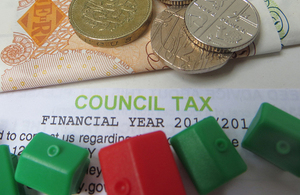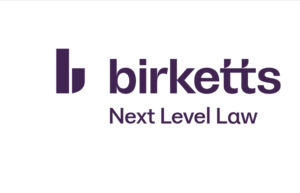How is our council tax spent? 55% don’t know

Over half of us don’t know what our council tax goes towards – here’s the breakdown
The latest research by RIFT Tax Refunds has revealed just exactly where our council tax goes, as over half of the general public (55%) aren’t aware what they contribute to, while 81% feel that the 18% increase in the average cost of council tax over the last five years is unjustified.
In last week’s Autumn Budget, the government revealed that millions of households will be facing a higher council tax bill, with some paying over £2,000 a year.
The survey commissioned by RIFT found that council tax is the second largest outgoing for 57% of us, after we’ve paid our rent or mortgage each month. In fact, it was thought to be the most expensive household outgoing until recently being overtaken by the soaring cost of our energy bills.
Despite this, the cost of our council tax remains a substantial one, with the average household currently paying £1,966 per year. While this cost is set to climb, research by RIFT Tax Refunds shows that this annual cost has already climbed by 17.6% in the last five years, a jump of £294. It has also increased by 3.5% in the last year alone, adding £67 to our cost of living.
81% of households in England feel this increase is unjustified but could this be down to a lack of awareness in terms of where our council tax goes?
Just 55% of those surveyed knew exactly what their council tax contributes to and how these contributions are broken down.
So where does it go?
The greatest proportion (32%) goes towards funding education services, with the average household contributing £635 per year. Social care also accounts for a large proportion of our council tax (27%), costing the average household £538 per year. Police services is the only other area that gets a substantial proportion of our allocated council tax (13%), with the average household contributing £251 per year.
We also pay between £50 to £100 per year to environmental services (£101), highways and transport (£84), other non-services such as housing benefits (£79), public health (£64) and central services (£55).
Fire and rescue (£42), cultural services (£41), housing services (£33), planning and development (£27) and those classed as other (£15) receive the lowest annual council tax contributions.
But while council tax may be important when it comes to funding many areas of society, 86% of those surveyed by RIFT Tax Refunds believe they should have more say in how their council tax is spent.
CEO of RIFT Tax Refunds, Bradley Post, commented:
“Our council tax contributions are essential when it comes to funding some of the most vital areas of our society and for the majority of households, they are one of the largest household outgoings we have.
This cost has increased notably in recent years and it’s hard to blame those who feel this is unjustified when they are being stretched thin by the soaring cost of living.
At the same time, there does seem to be a lack of understanding in terms of exactly where our council tax goes and so the average person may never see the benefit of their contribution first hand, as it is primarily spent on education, social care and policing.”




